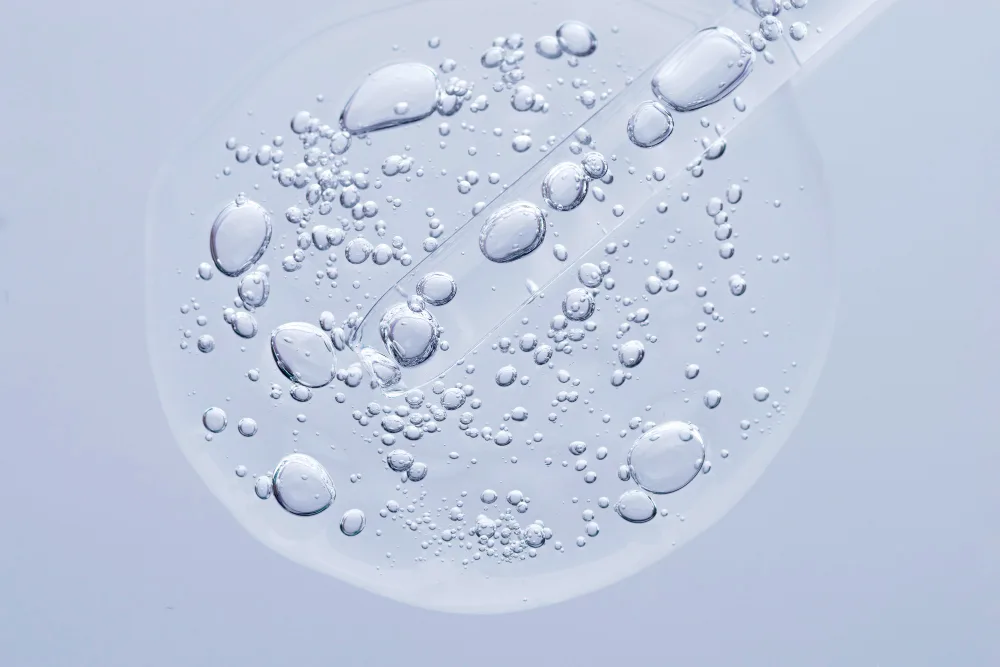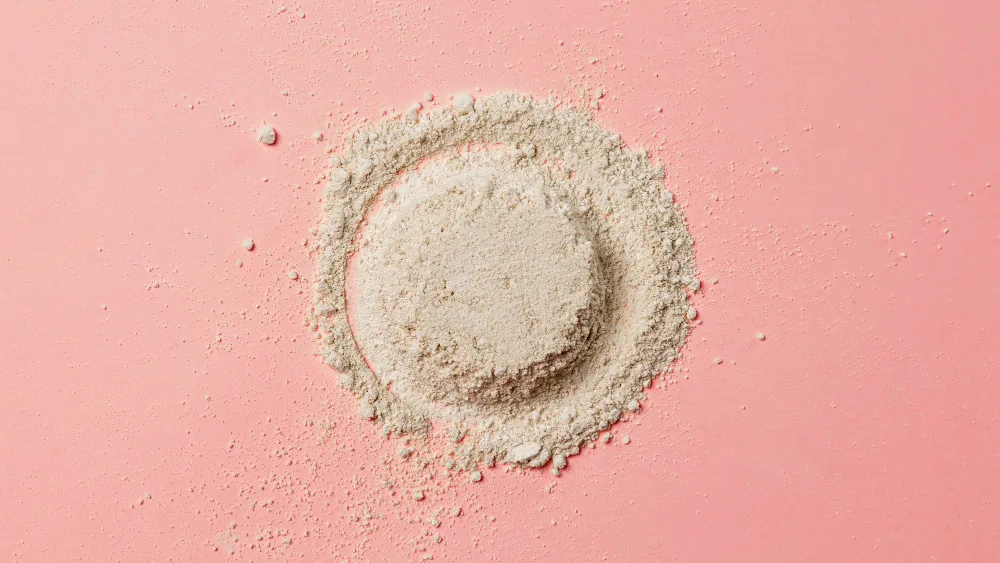Collagen and hyaluronic acid are two star ingredients you’ve probably heard of when you are aiming for skin that says younger. Both are, in most cases, claimed to work wonders in the quest for rejuvenated, hydrated, plump, and smooth skin, but what are the two in actuality, and how do they work their magic? This guide will break down the science behind these ingredients, their benefits, and tips on how you can incorporate them into your skincare routine for the best results.
What is Collagen?
Collagen is a protein and it’s one of the most vital building blocks for your skin, hair, muscles, tendons, and ligaments. It’s the most abundant protein in the human body, constituting up to around one-third of the composition of proteins. Actually, there are at least 16 types of collagen, although 80–90% of all the collagen in your body consists of types I, II, and III.
- The Role of Collagen in Skin Health: Collagen keeps the structure and elasticity of the skin. This provides strength and toughness to the skin and resists its stretching. With age, collagen depletes, causing wrinkles and loose skin; thus, boosting collagen levels can make the skin remain in a youthful appearance.
- Sources of Collagen: Collagen is available from sources including bone broth, chicken skin, and fish. Supplements, such as hydrolyzed collagen, are also in vogue and can be incorporated into daily routines.
What is Hyaluronic Acid?
Hyaluronic acid is naturally present in the body, primarily in the skin, eyes, and joints. It helps in binding water in the tissues, thereby maintaining good lubrication and moisture. Holding water at almost 1,000 times its molecular weight, it’s the key molecule for skin hydration.
- The Role of Hyaluronic Acid in Skin Health: It plays a very important role in the hydration and elasticity of the skin. It allows the skin to hold on to water essential to maintain the volume of the skin. It also helps to repair the damage on skin; the skin has a healing effect on damaged skin.
- Sources of Hyaluronic Acid: The predominant sources of hyaluronic acid are bone broth, soy, and starchy vegetables. It is also available in the market in supplemental form and is also an ingredient in many cosmetic skin products in serum and cream form.
How Collagen and Hyaluronic Acid Work Together
Collagen and hyaluronic acid are known to work in synergy within the skin. While collagen is what gives the skin structural support and elasticity, hyaluronic acid maintains the moisture in the skin and keeps the skin plump. This is what makes the blend of the two a strong synergic approach to skin health and skin appearance.
Benefits of Collagen Hyaluronic Acid
- Hydration: With its capability in moisture retention, hyaluronic acid is the superstar when it comes to hydrating the skin. Water-attracting and water-holding in place, it helps in hydration from inside.
- Anti-Aging: Both collagen and hyaluronic acid hold equal importance in the arena of anti-aging. Collagen, through structuring, minimizes the appearance of fine lines and wrinkles, while hyaluronic acid maintains skin plumpness to iron out the wrinkles.
- Skin Repair: Collagen helps support the skin to properly heal and repair the damage, maintaining the integrity of a healthy skin barrier. Furthermore, hyaluronic acid stimulates wound repair and lessens inflammation.
Incorporating Collagen and Hyaluronic Acid into Your Skincare Routine
- Topical Application: Seek out a skincare product with both collagen and hyaluronic acid in it, which is usually found in serums, creams, or masks, and use consistently for optimal effects.
- Supplements: Collagen and hyaluronic acid supplements may be able to boost the production of those products naturally in your body. Always look for reputed supplement manufacturers, which have been scientifically proven for effectiveness.
- Diet: Introduce foods rich in collagen and hyaluronic acid into your diet, such as bone broth, leafy greens, nuts, and seeds.
Choosing the Right Products
When selecting products, read the ingredient lists carefully. Look for hydrolyzed collagen, which is absorbbed more by the skin, and sodium hyaluronate, which is a form of hyaluronic acid and goes deep into the skin. Consider products from reputable brands with positive reviews.
DIY Collagen and Hyaluronic Acid Treatments
- Homemade Recipes: There are a huge amount of recipes available to make your own skin treatment. For instance, a simple mask could be made with honey, avocado, and some sort of collagen supplement. Be cautious and test treatments in small quantities on the skin to avoid any allergic reactions.
- Safety Tips: Ensure that all ingredients used are fresh and clean. Tools and containers should be clean to avoid contamination. Do not mix ingredients that could react negatively to each other.
Common Myths and Misconceptions
There are a number of myths that revolve around the attributes of the two products: collagen and hyaluronic acid. For instance, a huge number of individuals live under the illusion that topical collagen never gets absorbed into the skin, while the hydrolyzed collagen can indeed get through the skin barrier. Another common myth is that hyaluronic acid dries the skin, while, in fact, it attracts moisture to the skin and holds it.
Side Effects and Precautions
Most people are able to tolerate both collagen and hyaluronic acid. Some people may experience some mild side effects, like redness or irritation from the use of topical products, though. The best way is always to consult a dermatologist before introducing a new skincare regimen, more so if one has sensitive skin or with existing conditions.
FAQ(Frequently Asked Questions)
What is the best way to take collagen and hyaluronic acid?
The best way to take these ingredients is through a combination of topical application and supplements. This approach ensures that you get both external and internal benefits.
Can collagen and hyaluronic acid be used together?
Yes, using both together can provide enhanced benefits for skin hydration and anti-aging.
How long does it take to see results from collagen and hyaluronic acid?
Results can vary, but most people start to notice improvements in their skin within a few weeks of consistent use.
Are there any side effects to taking collagen or hyaluronic acid supplements?
Side effects are rare but can include mild digestive issues for collagen and allergic reactions for hyaluronic acid.
Can I use collagen and hyaluronic acid if I have sensitive skin?
Yes, but it’s important to patch-test new products and consult with a dermatologist to ensure they are suitable for your skin type.
Do collagen and hyaluronic acid help with acne?
While they are not acne treatments, their hydrating and healing properties can improve overall skin health, which may help with acne management.
Conclusion
Collagen and hyaluronic acid are the two most important ingredients in making a big difference in skin health and overall appearance. Be aware of the benefits, how to apply this best, and work out a regime that maintains youth and a glowing look on your skin. Work on these ingredients daily by supplementation, topical application, or changes in the diet to make the best of reaching these goals in skincare.







